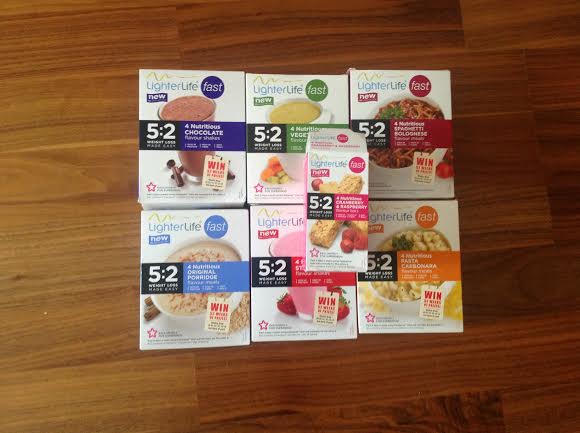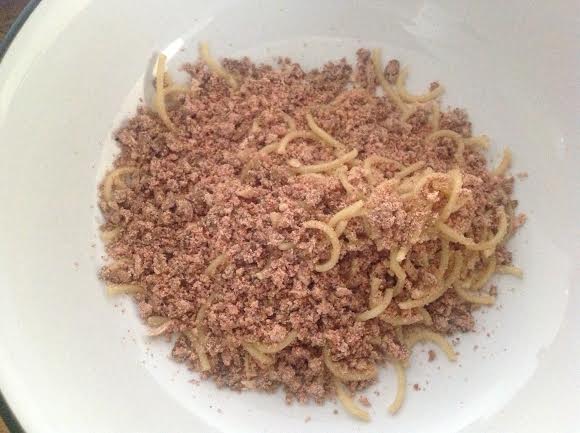 Recent findings reveal six in ten (60%) UK parents are unconcerned about the risk of insufficient vitamin D levels in their child. The new findings have raised concerns among health experts, who fear the UK’s under-5s may be missing out on the essential vitamin, due to a lack of awareness of its benefits and the potential health risks associated with vitamin D deficiency.
Recent findings reveal six in ten (60%) UK parents are unconcerned about the risk of insufficient vitamin D levels in their child. The new findings have raised concerns among health experts, who fear the UK’s under-5s may be missing out on the essential vitamin, due to a lack of awareness of its benefits and the potential health risks associated with vitamin D deficiency.
Parents in the dark about vitamin D
The Generation D- report, commissioned by new public health awareness campaign Vitamin D Mission, reveals that despite its importance for childhood development, parents are not fully informed when it comes to their child’s need for this important vitamin.
A cause for concern is that despite its crucial role in ensuring the healthy growth and development of children’s bones and teeth, more than three quarters of parents (77%) are unaware of their child’s daily dietary requirement of vitamin D, with more than a third (35%) stating they have never received information about their child’s specific needs.
All children living in the UK are at risk of not getting enough vitamin D, with research revealing the average toddler is only getting 27% of the daily dietary vitamin D they need[1]. However, a lack of education about the risks associated with vitamin D deficiency means a fifth of parents (20%) remain unaware that under-5s rank among the most at risk of low levels of vitamin D (See appendix 1).
Parents in the UK are largely oblivious of the major health issues associated with low levels of vitamin D, with many unaware of the potential link to multiple sclerosis (95% unaware), osteoporosis (91% unaware), diabetes (95% unaware) and rickets (62% unaware). Furthermore, studies have also shown deficiency can cause poor growth in children and heart muscle disease and hypocalcaemic seizures in infants[2], as well as muscle weakness at any age.
The survey found that, despite a recent rise in cases of rickets in the UK, parents ranked low levels of vitamin D among the least worrying issues when it came to their child’s health. Meningitis topped the poll when touching on matters of most concern, with common child illnesses and conditions, such as flu and asthma, ranking higher than insufficient levels of vitamin D (see appendix 2).
Clinical consultant for the Vitamin D Mission and paediatrician, Dr Benjamin Jacobs, comments: “As a paediatrician at the Royal National Orthopaedic Hospital, I see first-hand the health impacts of low levels of vitamin D in children living in the UK. From poor growth, soft bones and seizures, to heart disease and rickets, not getting enough vitamin D can result in a range of serious health issues in children and adults.
“Many parents are still not getting the message about this vitamin and its importance for child health so children are missing out on the vitamin D they need for healthy growth and development.”
Fortification and supplementation
The Generation D- report found that despite government recommendations, only one in seven (16%) parents provides their child with a daily vitamin D supplement, with three in five (60%) admitting they never give their child vitamin supplements at all.
Younger parents, aged eighteen to twenty-four, were found to be most likely to give their child cod liver oil or a vitamin supplement (47%) compared to just over a third of parents (35%) aged thirty-five plus.
Family GP, Dr Ellie Cannon, comments: “Labels like Generation Z and Alpha have been thrown around, but as this report reveals, the next generation is, in fact, set to be Generation D-.
“With parents lacking awareness of the vitamin’s role and therefore the need for supplementation, the UK’s under-5s are at risk of being vitamin D deficient. The Vitamin D Mission aims to raise awareness of this issue and end deficiency in our nation’s children, once and for all, to help ensure our kids grow up healthy and strong.”
Diet without the D
Worryingly, all children in the UK are at risk of not getting the vitamin D they need to support their growth and development, with findings from the report revealing over a third of parents (35%) are not aware their child needs a daily dietary source of vitamin D.
This is reflected in mealtime offerings, with the most popular kid’s meals containing next to no dietary vitamin D. Of the top seven meals, which includes firm favourites such as spaghetti bolognese (46%) and fish fingers (43%), only one was found to add to a child’s diet with vitamin D; scrambled eggs (41%) (See appendix 3).
One in five parents (22%) believe they meet their child’s specific vitamin D requirements through a healthy balanced diet. However, while the intention is good, the report reveals mums and dads are not always informed which foods contain vitamin D. A fifth of parents incorrectly think oranges (20%) and carrots (18%) contain the essential vitamin, with more than one in ten (11%) mistakenly saying cows’ milk is a source of vitamin D.
Furthermore, the survey also reveals that a quarter of under-5s (26%) are fed oily fish once a month or less, with one in seven (15%) never being fed this rich source of vitamin D. Half of parents (50%) have never fed their child liver, another good source of the vitamin.
The Generation D- report has been released to support the launch of the Vitamin D Mission, a campaign that aims to eradicate vitamin D deficiency in UK under-5s. As part of the campaign, the Mission has launched an online test which allows parents to estimate how much vitamin D their child is getting as well as offering helpful tips and hints on how they can include more sources of vitamin D in their child’s diet. For more information visit VitaminDMission.co.uk
Reasons Under-5s are at Risk of Vitamin D Deficiency
| 1) The Sun |
In the UK, our skin isn’t able to make vitamin D from winter sunlight (November to March) as the sunlight hasn’t got enough UVB (ultraviolet B) radiation.
In the summertime, children are outside less and when they are playing outdoors many parents are concerned about sun safety, therefore putting lots of sunscreen on them, which makes it even harder to synthesise vitamin D. Just ten to fifteen minutes without sunscreen during the summer months (April to October) can help provide a child with the vitamin D they need. |
| 2) Food |
Not all children receive a varied diet and foods rich in vitamin D, such as oily fish. |
| 3) Supplementation |
Low uptake of vitamin D supplementation is also a factor. In fact, a report from the Vitamin D Mission reveals less than one in five (16%) parents provide their child with a daily vitamin D supplement. |
Appendix 2: Health Issues of Most Concern to Parents
| Rank(1=most important) |
Health concern |
| 1 |
Meningitis |
| 2 |
Obesity |
| 3 |
Childhood diabetes |
| 4 |
Childhood cancer e.g. skin cancer |
| 5 |
Whooping cough |
| 6 |
Flu |
| 7 |
Asthma |
| 8 |
Low or insufficient levels of vitamin D |
| 9 |
Getting their five-a-day |
| 10 |
Allergies |
Appendix 3: Top seven meals served to UK children
| Rank |
Meal |
% |
| 1 |
Spaghetti bolognese |
46 |
| 2 |
Fish fingers |
43 |
| 3 |
Scrambled eggs |
41 |
| 4 |
Pasta with sauce |
36 |
| 5 |
Roast Dinners |
32 |
| 6 |
Baked beans on toast |
32 |
| 7 |
Chicken nuggets and chips |
29 |
 NEW RESEARCH REVIEW WARNS THAT POOR DIETS OF OLDER PEOPLE BOOSTS RISK OF PREMATURE AGEING
NEW RESEARCH REVIEW WARNS THAT POOR DIETS OF OLDER PEOPLE BOOSTS RISK OF PREMATURE AGEING











